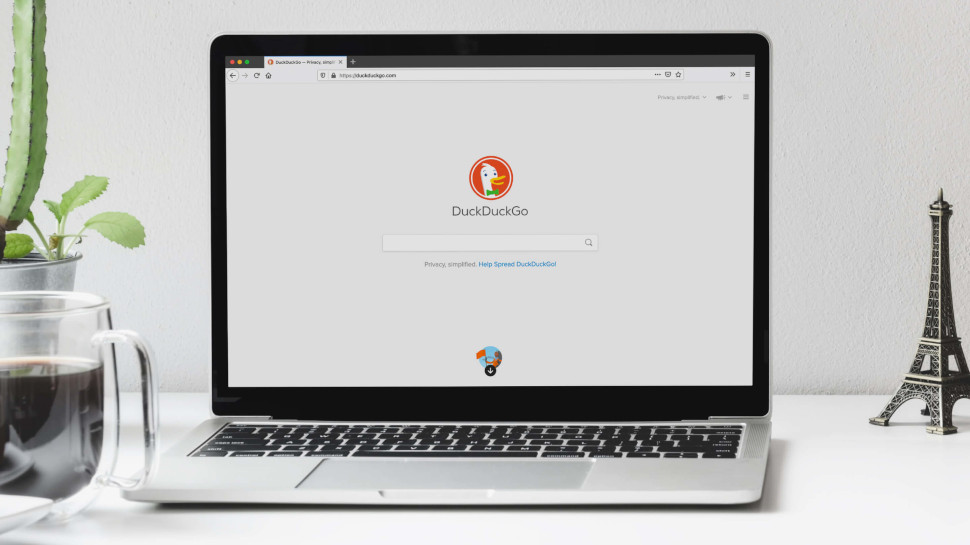DuckDuckGo slams Google's new tracking systems
Internet privacy company has taken issue with both Google Topics and FLEDGE

DuckDuckGo has once again taken issue with Google’s plan to replace third-party cookies in Chrome by calling out the search giant’s new Topics and FLEDGE tracking and ad targeting methods.
While Topics uses your browsing history in Chrome to automatically collect information about your interests to share with tracking companies and other businesses, FLEDGE enables Google’s browser to target users with ads based on their browsing history.
Although Google’s intentions behind replacing third-party cookies with Topics and FLEDGE may be good, DuckDuckGo points out in a new blog post that tracking, targeting and profiling will still occur once Privacy Sandbox is rolled out in Chrome.
The company also notes that targeting in this way enables manipulation by exploiting personal vulnerabilities, discrimination since users may not see certain job posts based on their personal profiles and filter bubbles or echo chambers that can further divide people online. Additionally, Topics will be made available to third-party trackers and not just websites themselves.
At the same time, Topics can be combined with an IP address or other fingerprinting attributes so that it is easier for users to be tracked individually by third-party trackers. Although Google has promised to address this issue at some point through a so-called “privacy budget”, experts have already called the company’s approach into question.
How to opt out of Topics and FLEDGE
The easiest and simplest way for privacy-conscious users to opt out of both Topics and FLEDGE is to simply stop using Chrome by switching to another modern browser instead. While DuckDuckGo recommends using its mobile browser on iOS and Android or its recently launched Desktop browser for Mac, Brave, Vivaldi and Microsoft Edge are good Chrome alternatives as well.
However, what if you can’t switch to another browser? In that case, DuckDuckGo suggests using its updated Privacy Essentials Chrome extension (version 2022.4.18) which can now block Topics and FLEDGE interactions on websites.
Sign up to the TechRadar Pro newsletter to get all the top news, opinion, features and guidance your business needs to succeed!
Alternatively, you can also change your Chrome and Google settings to opt out of Topics and Fledge at least for now. To do so, click on Chrome’s three dots menu and head to Settings. From here in the “Privacy and security” tab navigate to “Privacy Sandbox” and disable the Privacy Sandbox trial. You will then need to sign out of Chrome, turn off Chrome sign-in and choose not to sync your history data with Chrome. Meanwhile, in Google Activity Controls you need to disable “Web & App Activity” as well as “Ad Personalization” in Google Ad Settings.
Topics and FLEDGE are coming to Chrome whether you like it or not but at least DuckDuckGo has provided users of Google’s browser with a Chrome extension to block the company’s new tracking and ad targeting methods.
After working with the TechRadar Pro team for the last several years, Anthony is now the security and networking editor at Tom’s Guide where he covers everything from data breaches and ransomware gangs to the best way to cover your whole home or business with Wi-Fi. When not writing, you can find him tinkering with PCs and game consoles, managing cables and upgrading his smart home.
